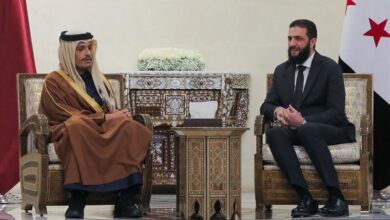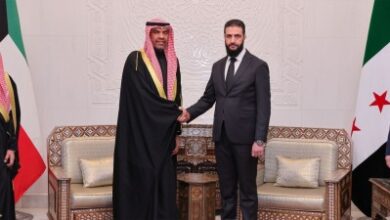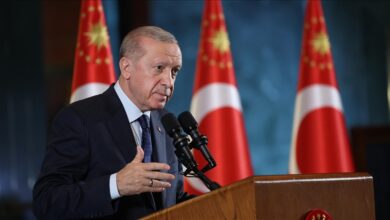
Israeli newspaper: Bringing energy to Lebanon through Syria may give the Assad regime legitimacy
The Israeli newspaper, “The Jerusalem Post,” considered that Damascus and Beirut’s move to import energy from Egypt and Jordan to Lebanon through Syrian territory may give the Assad regime its legitimacy, especially with its constant attempts to circumvent US sanctions and get closer to Arab countries.
The newspaper said in a report, “The achievement of profits and power for the mafia is achieved only when that mafia places itself between the requirements that the people want and the quasi-legal services.”
She added: “The ruling family in Syria (the Assad family), which has all the characteristics related to and similar to the Mafia and has allies similar to the Mafia in Iran and Hezbollah, seems to be taking advantage of these characteristics with regard to the importation of energy to Lebanon.”
And the newspaper considered, “The Assad regime’s pursuit of legitimacy and achieving gains at the expense of extracting energy from its areas of control outweighs Lebanon’s need for Egyptian gas and Jordanian electricity.”
She pointed out, “The policies of the Hezbollah militia in Lebanon caused disasters in that country, which prompted it to introduce the “Syrian mafia state” into Lebanon through the energy file, which makes the Assad regime a mediator in Lebanon and gives it legitimacy.”
The newspaper considered that the recent visit of the Lebanese delegation to Syria is a test of the US sanctions imposed by the latter against Iran and the Assad regime, noting that Lebanon’s quest to address the electricity crisis is an incentive for the Assad regime to evade sanctions.
And the newspaper continued, “The Assad regime wants to tell the United States that it either facilitates the access of Iranian oil to Lebanon, or it obtains American support to oppose sanctions in order to complete the energy file in Lebanon.”
The newspaper linked the agreement on Lebanon to what is happening in Daraa governorate in southern Syria, explaining that Moscow wants to make itself a mediator there because it wants the gas and power to pass through southern Syria to Lebanon.




